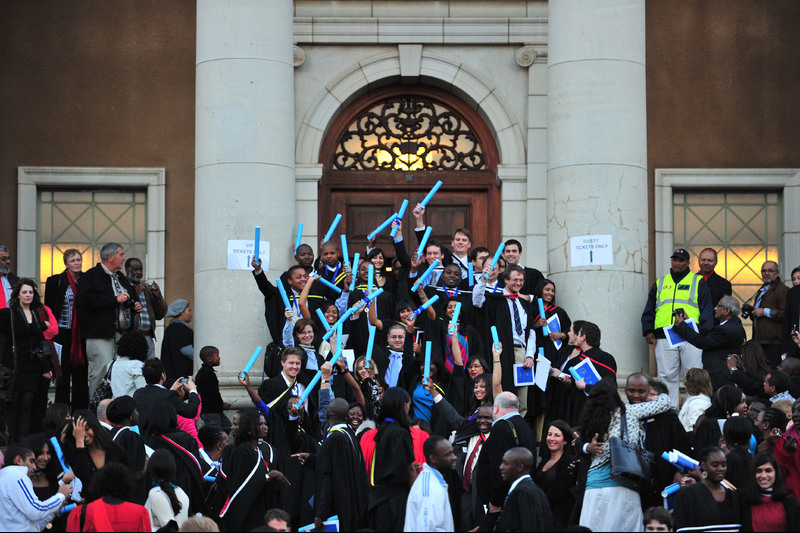UCT in top five of subject rankings
05 April 2017 | Photo Michael Hammond
On Monday, 3 April, the Centre for World University Rankings (CWUR) released their inaugural subject rankings. Out of over 26 000 higher education institutions, the University of Cape Town (UCT) was placed in the top five in two subjects: ornithology and area studies. Overall, UCT was ranked 166th.
Based on the number of research articles in top-tier international journals, these rankings highlight the world’s elite universities in the sciences and social sciences.
“UCT is very proud indeed that our scholarship in these fields has been internationally recognised,” said Professor Mamokgethi Phakeng, Deputy Vice-Chancellor for Research and Internationalisation.
“The high ranking in these two fields demonstrates that African researchers can take the lead in helping to solve African problems, and also that they are bringing a strong African voice to global debates.”
Ornithology
UCT was ranked third globally for ornithology along with Lund University in Sweden, which received the same ranking score (90.22). The University of Groningen in the Netherlands and Cornell University in the USA were ranked first and second respectively.
Professor Peter Ryan, director of the FitzPatrick Institute of African Ornithology, said: “This is great recognition of the contribution that researchers at UCT make towards ornithological studies. The fact that UCT is so prominent in ornithological research provides further validation of the success of the National Research Foundation (NRF) Centre of Excellence funding model.”
Professor Phakeng added, “As a university, we are grateful to the NRF for the funding that we’ve received to enable much of the work that has happened in this area, putting South Africa and the continent on the map. It is investments such as these that will help to make the issue of African biodiversity visible globally.”
Area studies
Area studies covers the resources concerned with the social, economic, political and military character of a geographical area. UCT ranked fourth in this field of study behind Oxford University in first place, the University of the Witwatersrand in second, and the School of Oriental and African Studies (SOAS) at the University of London in third.
Professor Jeremy Seekings, interim director of the new Institute for Democracy, Citizenship and Public Policy in Africa, said: “Being ranked fourth in area studies is a tribute to several generations of scholars at UCT who have sought to locate the study of South Africa – its languages and literatures, its history and politics, its economy and society – in a more broadly African context.
“What these and many other UCT scholars realised was that scholarship could contribute both to recognised disciplines (such as history or sociology) and the highly interdisciplinary field of African studies. This paved the way for mainstreaming the study of Africa in diverse departments rather than isolating it in an institutional ghetto.”
According to Professor Francis Nyamnjoh, of the Department of Anthropology, “This is a promising beginning for the sort of leadership expected of UCT on the Africa-wide journey into the exciting new possibilities that a concerted, systematic and truly epistemologically inclusive effort at reconfiguration of higher education in South Africa should deliver.”
 This work is licensed under a Creative Commons Attribution-NoDerivatives 4.0 International License.
This work is licensed under a Creative Commons Attribution-NoDerivatives 4.0 International License.
Please view the republishing articles page for more information.










